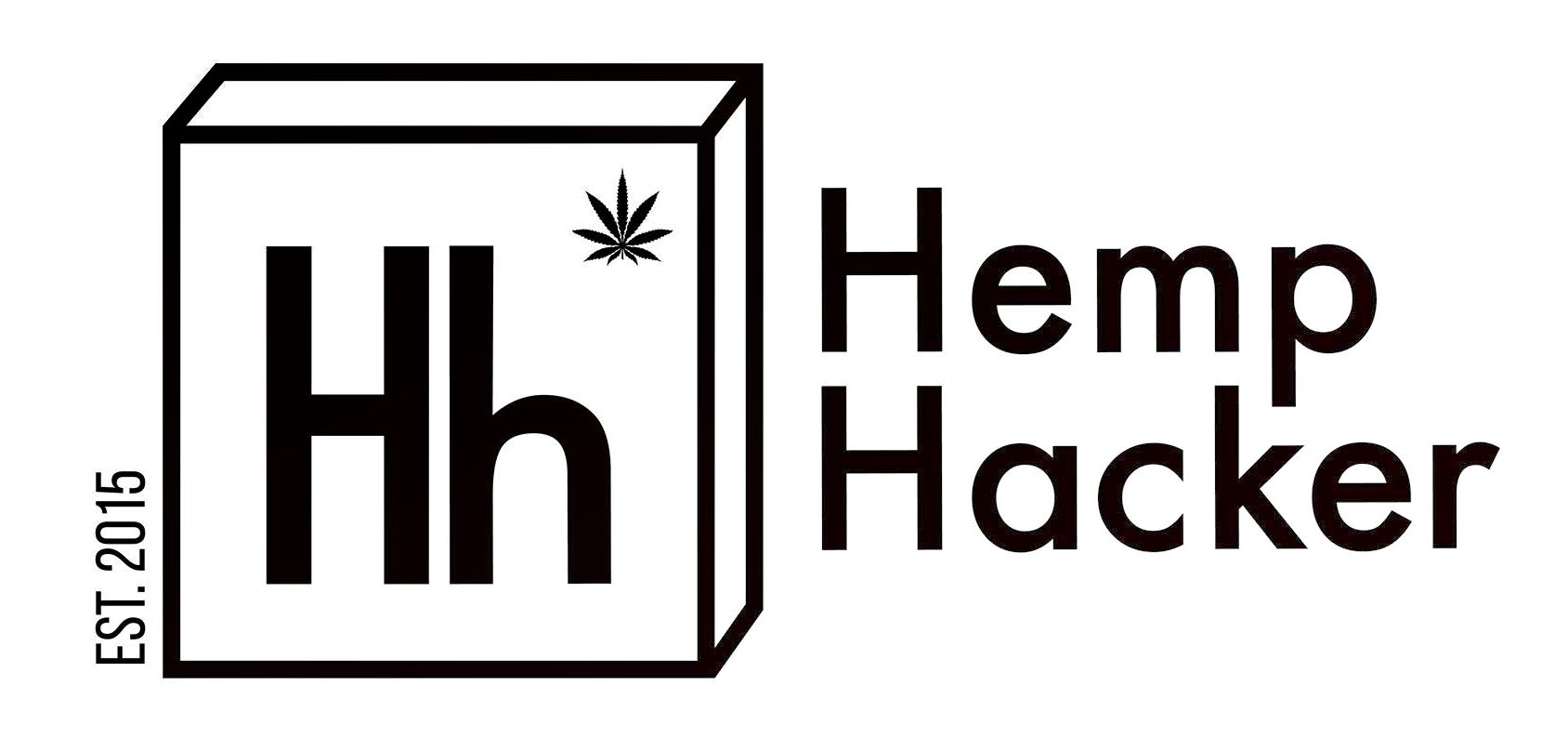Last week, the FDA sent out 483 Warning Letters to four cannabis manufacturers. This brings the total to 44 letters since 2015, and serves as a clear reminder that the Feds are watching. Today’s post seeks to answer these common questions: What is a 483 Letter, What are the implications, and What can I do to avoid receiving a letter?
Background
There is anecdotal evidence everywhere you look regarding the new elixir of life, a still registered schedule 1 drug substance, reports of how the cannabinoids have treated a myriad of ailments from Crohn’s and PTSD to epilepsy. While scientific evidence is beginning to surface in support of these anecdotal reports, they have not undergone the full gamut of investigations for new drug trials (INDs) as required by the FDA. As a cultivator, manufacturer, or dispensary that is trying to differentiate your brand(s) in this rapidly growing and competitive market, highlighting how your proprietary strain may offer relief from all sorts of ailments has become the hallmark of Cannabis Marketing 101. Seller beware, words have meaning, and despite the continued classification of cannabis as a Schedule I drug in the United States, you better believe the FDA is watching closely. While the Cole memo has restrained Federal agencies from interfering with state run programs, it does not however, prevent them from investigating and acting on producers that make unsubstantiated therapeutic claims about their products, which is in direct violation of the Federal Food, Drug and Cosmetic (FD&C) Act, and may put patients at undue risk.
What is a 483 Warning Letter?
Unless the FDA has specifically approved a drug for use related to a disease or ailment, marketing it as so is a clear violation of the FD&C Act and may prompt the issuance of a 483 Warning Letter.
What are the implications?
This letter addresses any violations of the Act, and you are given 15 working days to respond to the FDA addressing how you have mitigated any and all of the violations. Failure to respond and address the issues in a timely manner will result in further Administrative and potential legal action.
What Can I do to avoid receiving a letter?
There are a few simple tips that, if followed, will allow you to strategically market your products without risk of receiving a friendly letter from the FDA.
- You know that fine print that no one can read at the bottom of just about every commercial on TV? It’s there for a reason. At the bottom of every piece of marketing material that may allude to cannabis derived compounds aiding in remedies, include the words “These statements have not been evaluated or approved by the Food and Drug Administration. This product is not intended to diagnose, treat, cure, or prevent any disease.”
- Furthermore, refrain from using the phrase “Studies have shown…” or anything that could be misconstrued as such, unless you are 100% confident that you can and are willing to testify to back up your claim in a court of law. It’s just not worth it.
- Implement current Good Manufacturing Practices (cGMPs). While not specifically required by individual states (with the exception of California it appears), having a quality plan, and good batch control (essentials to cGMPs) ensure you are able to verify presence and concentration of constituents you claim are present. Know and trust the lab you are obtaining your results from. Verify that they have certified calibrations, and MDL (Method Detection Limit) studies as well as appropriate batch QC (Quality Control) samples that can document with high confidence the results are valid.
By following these simple rules, you will avoid making it on the FDAs radar, reduce your probability of product recalls and continue to build confidence and brand loyalty within your consumer base.
Contact Us.
Orion GMP Solutions is a Pharmaceutical Process Engineering firm based out of Denver Colorado. We specialize in the implementation and auditing of GMP Cannabis Manufacturers to assist them in reaching international markets. If you would like to get more information, please send us an email at info@oriongmp.com.
This content was written and supported by Orion GMP Solutions.
